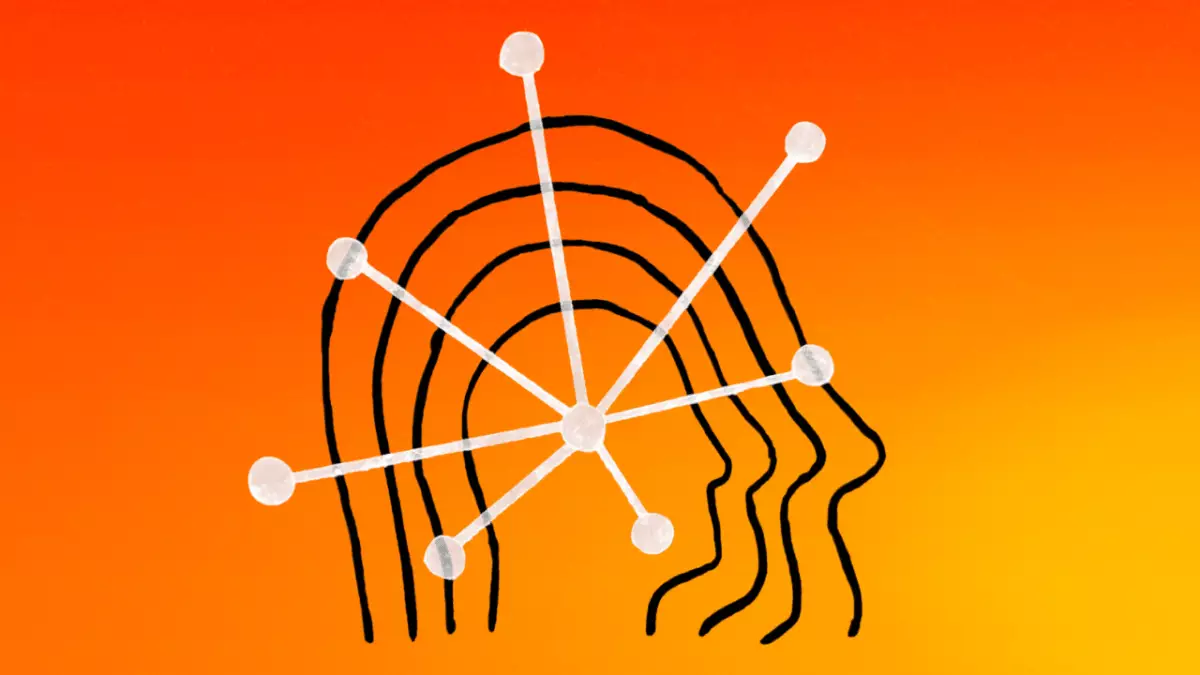In an era marked by technological advancements, Anthropic’s recent partnership with Palantir and Amazon Web Services (AWS) signifies a bold move to integrate artificial intelligence into U.S. defense and intelligence frameworks. This collaboration aims to leverage Anthropic’s Claude family of AI models within Palantir’s data analytics platform, ultimately enhancing the capabilities of U.S. federal agencies dedicated to intelligence and defense. As the demand for advanced technological solutions grows among government circles, such alliances underscore a strategic direction that bridges innovative AI applications with national security concerns.
The surge in alliances between AI firms and government entities is not mere happenstance; it reflects a comprehensive strategic realignment in response to global security dynamics. Other major AI players, including Meta and OpenAI, are also pivoting towards government sectors, revealing an industry-wide acknowledgment of the potential of AI technologies to revolutionize analytical capabilities. As Anthropic’s Kate Earle Jensen points out, this collaboration aims to “operationalize the use of Claude” within a secure infrastructure, thus positioning AI as a linchpin for more efficient intelligence operations.
It is noteworthy that this venture utilizes AWS cloud services to host Claude, further ensuring that operations adhere to stringent government security standards, specifically within Impact Level 6 — a certification required for sensitive defense data processing. By situating themselves within this framework, Anthropic and its partners not only guarantee security but also demonstrate a commitment to ethical AI deployment in critical governmental tasks.
The core appeal of integrating Claude into military and intelligence operations lies in its capacity to handle vast datasets more effectively than traditional methods. Government officials often navigate a sea of complex data, and Jensen’s assertion highlights an essential benefit: the potential for AI to not only aid in intelligence analysis but also expedite critical decision-making processes. This represents a paradigm shift, where AI is not simply a tool for data management, but a transformative force in streamlining operations across various government departments.
Moreover, the focus on operational efficiency is crucial as agencies face mounting pressure to maximize resources. By reducing the time spent on resource-intensive tasks through automation and intelligent data analysis, Anthropic’s offering could lead to significant improvements in the overall responsiveness and effectiveness of defense agencies.
While the alliance presents various operational benefits, it also raises ethical questions regarding the use of AI in sensitive contexts. Anthropic has prided itself on being a safety-conscious vendor, positioning itself distinctively in a competitive landscape. However, their terms of service authorize applications of Claude for activities such as foreign intelligence analysis and preemptive military warnings. Such functionalities compel stakeholders to scrutinize the implications of deploying AI within national security frameworks. Considerations surrounding responsible AI use, accountability, and transparency are increasingly pivotal as technologies advance into sensitive domains.
As evidenced by a report from the Brookings Institute highlighting a staggering increase in AI-related government contracts, there exists a palpable interest in AI’s capabilities among government agencies. However, adoption rates remain uneven among various sectors, particularly within the military, suggesting lingering skepticism regarding the return on investment and operational feasibility. The partnership between Anthropic, Palantir, and AWS potentially signals a turning point in this narrative, showcasing the powerful implications of responsible AI integration in the defense sector. As we continue to navigate this technological frontier, the balance between innovation and ethical deployment will remain central to discussions surrounding the future of AI in government operations.

